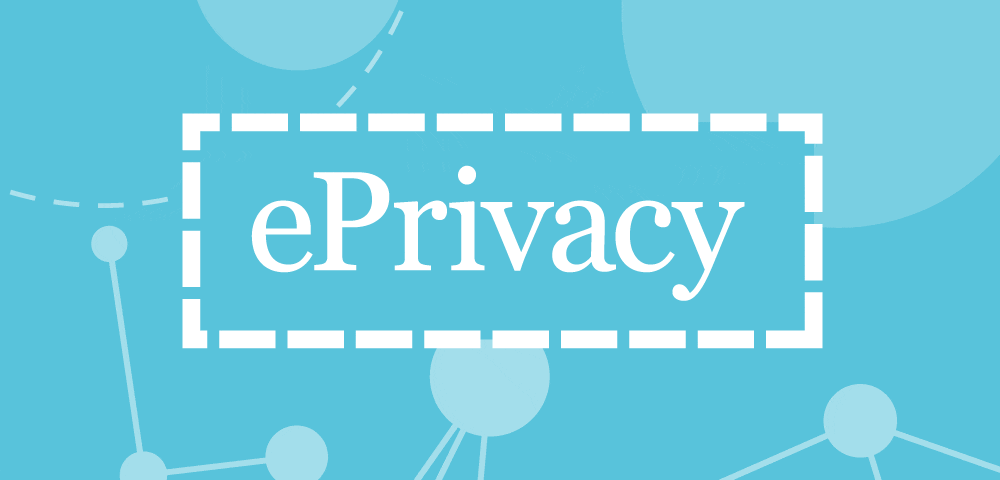ePrivacy Regulation: third meeting under Austrian Presidency

The 3rd meeting of the TELEWG dedicated to the ePrivacy Regulation, since Austria took over the Presidency of the Council of the European Union, took place last Friday on the 26th October. In order to prepare this meeting, the Austrian Presidency published in advance a new text.
The Austrian Presidency expected to be able to review all the articles during the meeting, as the European Commission, the European Parliament and a few member States pressure them to push forward the ePrivacy dossier in order to start trialogue negotiations with the European Parliament as soon as possible, and have a text adopted prior to the European elections in May 2019. After the meeting, it is unlikely that the text will move to Coreper yet especially since Member States still haven’t found agreement on some fundamental provision of the text, such as article 10 for browser settings, and on the overall impact of the text on the internet economy.
The text proposed by the Austrian presidency shows discussions on some particular provisions of the text are going in the right direction, but the proposed wording does not get broad support yet, and need further work. The text continues to suggest the deletion of article 10 on browser privacy settings. However, several Member States are not favourable to a full deletion of the article and would prefer to find solutions directly in the article.
On the issue of conditionality of access to user’s consent (cookie wall), the Austrian Presidency has consulted the legal service of the council and is suggesting in recital 21 of the text a new approach: identify situations where a website wholly or mainly financed by advertising would not need consent altogether, as long as certain conditions are met, including that the user has been provided with clear information on the purpose of the cookies and has accepted their use. This approach shows that Member States are looking creatively at ways to ensure the ePrivacy will find the right balance between protecting user’s privacy and supporting the digital single market, including services funded by advertising. We have yet to see whether Member States can rally behind this new idea.
It is worth noting that the latest document does not include any recent changes on article 16 (direct marketing). FEDMA published a letter in September, co-signed with 72 other organisations, calling for the reopening of the direct marketing provisions of the ePrivacy, and identifying our concerns.

